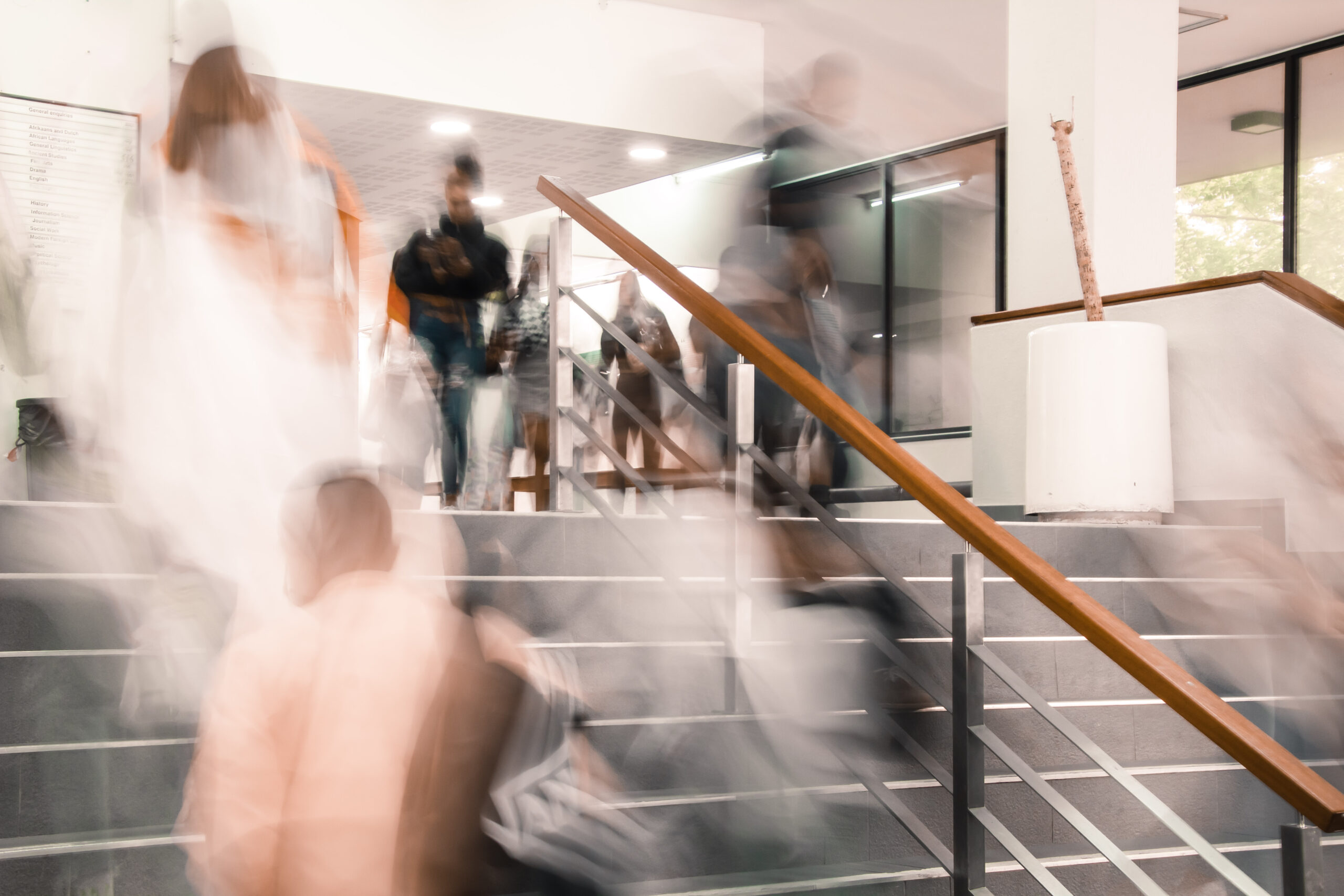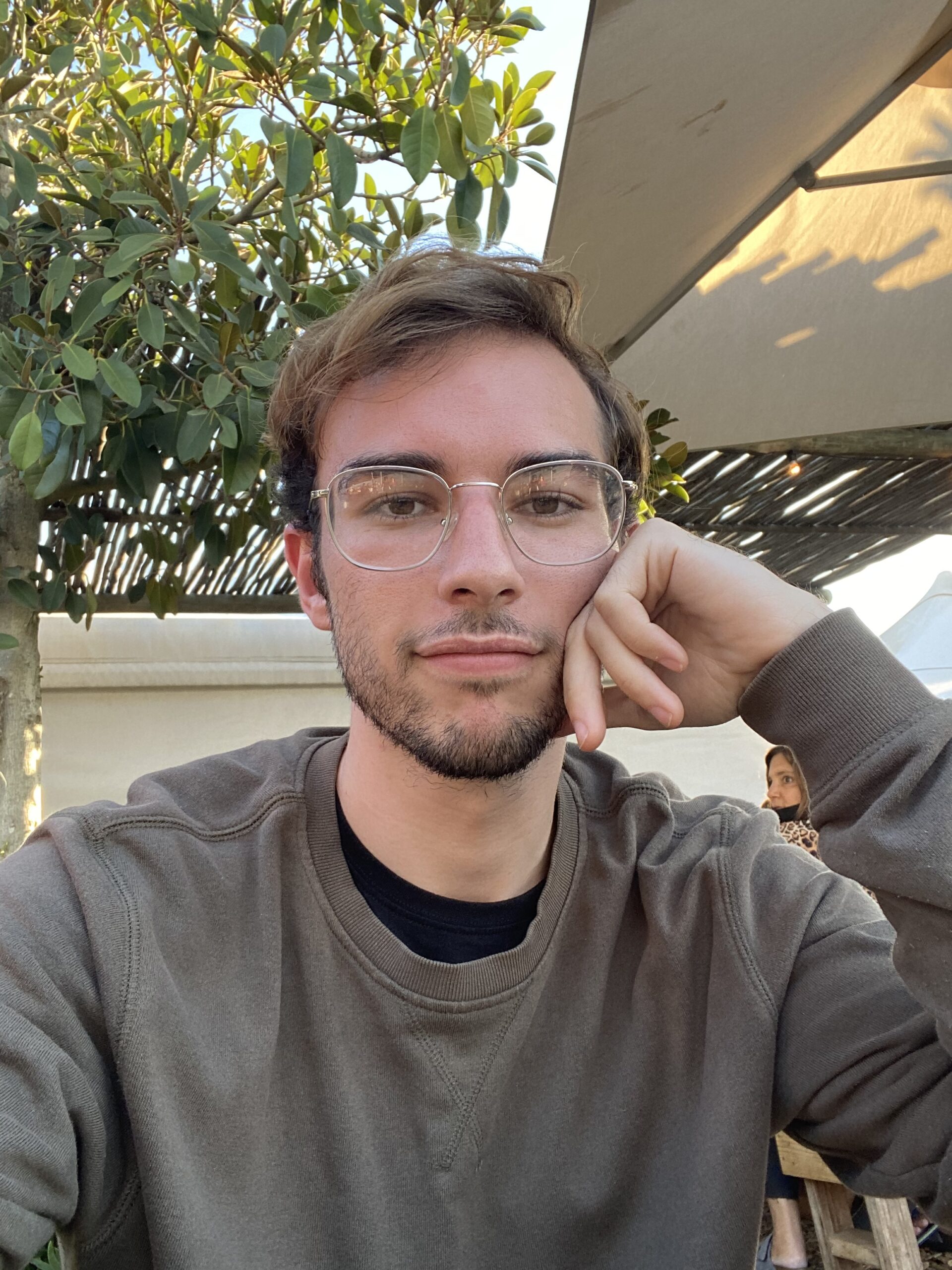CARLI VAN WYK
Election season is in full swing. You may have decided to run for leadership, or you are still thinking about it. Maybe this will help you to decide.
Not too long ago we had our sixth democratic election. According to the IEC’s statistics, the amount of South Africans under 20 that registered to vote has decreased to the lowest level since 1999.
This is alarming and a clear indication of the frustration amongst young South Africans. It’s 2019 and we are still struggling to reap the benefits a democratic system has promised. Have we lost hope and chosen to ignore the suffering amongst us?
Growing up as millennials, we were told that there’s no limit to what we can achieve. Call me a millennial, but I still believe this is true. However, I don’t believe that achieving “what you want” will come easy or is possible alone. I look at South Africa and in my millennial mindset I believe it can be different and change must be brought about.
As young people, we are constantly being told the world is our oyster, but then it is time for us to take responsibility for our world. Yes, inequality is your problem. Yes, climate change is your crisis and the problems raised in Parliament are not just the burden of Pres. Cyril Ramaphosa and his fellow politicians. No, South Africa is our platform and opportunity to work together in order to achieve a world we have been promised.
We all have a role to play and an obligation to serve one another without receiving any recognition or gaining anything in monetary value. Of course, the way in which we serve will look different as we have a variety of skills, talents, passions and platforms. The fact of the matter is that we have the responsibility to create the world we wish to live in.
You might only have the capacity to give 10% – be it your time or resources, but your 10% maximised in the best way possible, together with the 5%, 2% or 80% of others, it will have the desired effect. For too long young people have sat quietly and allowed others to play with their future. Against all odds, we have achieved a democracy without a civil war.
We showed the rest of the world the true meaning of peace and reconciliation. But, today it seems that we’ve forgotten that we’ve been given the opportunity to show the world that reconciliation and change is possible when people work together. We seem to have forgotten about Nelson Mandela’s 27 years in prison, the value of Ubuntu and the Soweto uprising of 16 June 1976.
This year I have served as chairperson of Stellenbosch University’s SRC. I’ve seen students divided based on socio-economic status, race and even language, but I’ve also seen students eager and determined to overcome the injustices of the past.
Many times during this year I have found myself at a place of being deeply discouraged and sceptic about the possibility of nation-building. I have questioned my role in South Africa and have asked my-self if it’s even worth trying. But time after time I have seen different students, leaders and staff members all coming to the table with only what they have and agree to engage, learn, unlearn and build. I have realised that building takes courage and boldness.
It’s easy, especially for young people, to ignore problems and to stay silent or even complain. However, the question that we have to ask ourselves is: how far will this get us, or rather how far has this gotten us? In his book The Road less Travelled, M. Scott Peck says that what makes life difficult is the painful process of confronting and solving problems. Building a truly free, equal and just South Africa won’t be achieved without confronting our past and our biases.
It won’t be possible without the hard work of individuals and communities working together. We will experience pain, but without pain we won’t experience growth. Although I have been frustrated, angry and exhausted by what’s been happening in South Africa over the last few years, I have also been encouraged by the thousands of students who took action and protested for justice in 1976.
They did not keep quiet or continue complaining. No, they were courageous and dauntless and stood up not just for themselves, but also for the future of their country and the future of subsequent generations of young people. We, as Stellenbosch University students, can help our fellow South Africans build this nation and bring about the change we’re yearning for.
We have the opportunity to serve one another, learn from those around us, keep our government accountable and work, not for our own gain, but for a better future for those who will come after us. May the events of 16 June 1976encourage and inspire us to take action and help build our country and Stellenbosch University. How will you be building?
*Carli is a law student at Stellenbosch University and the chairperson of the SRC 2018/2019.



